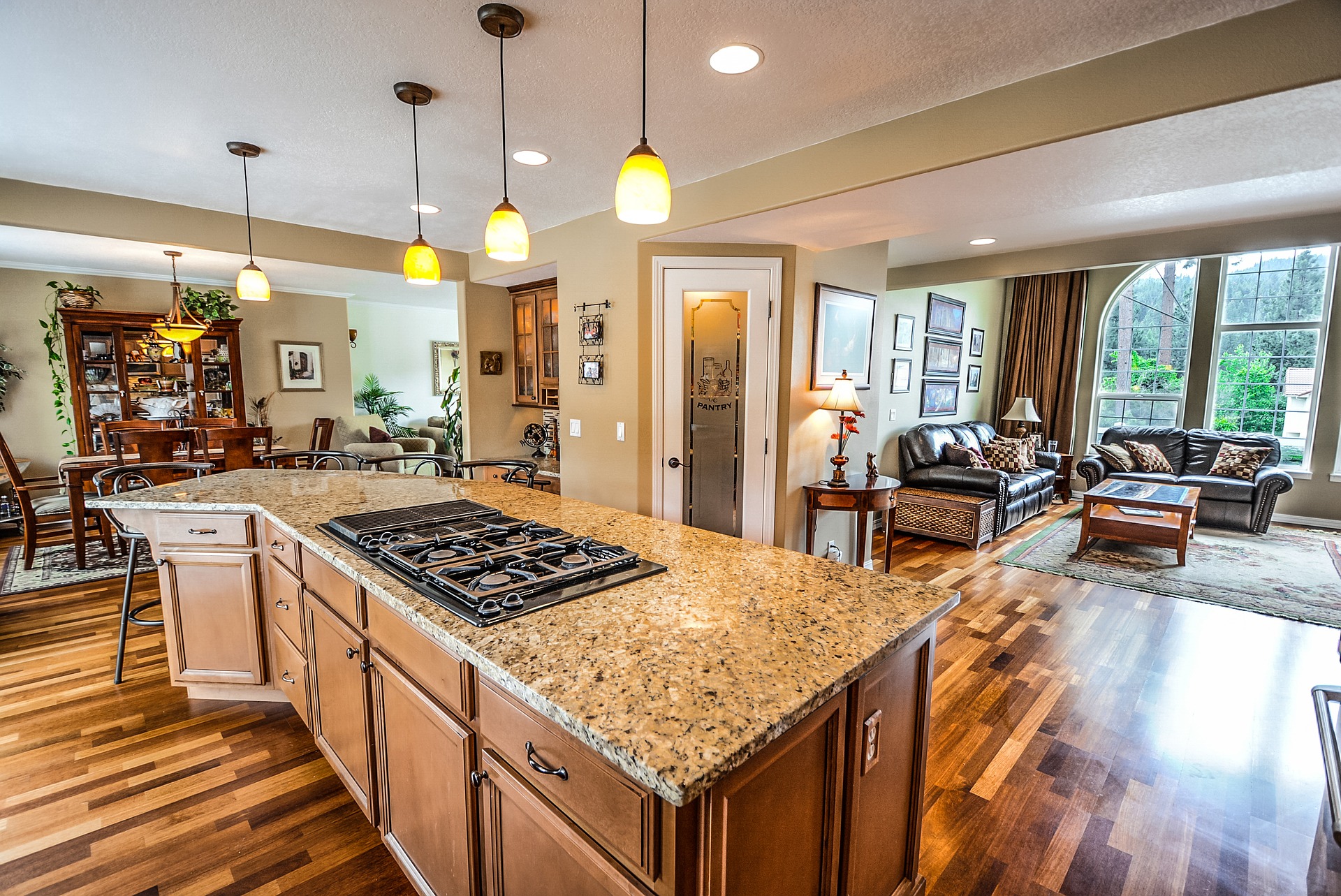
On the surface, house prices in the UK are in a state of flux. After unprecedented growth through the preceding two decades, there are signs that the cost of buying a property is about to either stabilise or even come down.
Partly fuelled by pre-Brexit anxiety, growth remains low, standing at 1.1% month-on-month according to the Halifax bank. These figures represent an increase in growth compared to July’s figures, but associated costs seem to be rising ever faster. The price that homeowners and tenants alike pay for water, gas, electricity, broadband and food is going up at a rapid rate.
One of the reasons why the cost of living is soaring is due to rising inflation. The UK’s inflation rate currently stands at 2.9%, rising from 0.6% in August 2016. That rise has been reflected in the utility and food bills of households across the country.
Future Spending
According to research by Tilney, the average total a typical household would spend on utilities from 40 years of age is £374,902. Put into perspective, the average UK house price is a little over £220,000.
For those who rent a property, spending a sizeable proportion of their income on rental costs is nothing new. That, allied to increasing utility costs, is driving up the cost of housing. Most of the major energy providers announced price rises for customers earlier this year, ranging from 6.9% to 9.8%.
Fewer Luxuries
In the space of four decades, the same research found that the typical household would spend something in the region of £130,000 on food and drink. To cope with the soaring cost of living, many homeowners and renters are having to cut out luxuries such as meals out and expensive wine. Other treats like subscription TV are also being scaled back or ditched completely.
The failure of wage growth to keep pace with inflation has hit people hard in the pocket. The end result of this trend is that many are facing a real terms pay cut. Indeed, a new report revealed that wage growth is unlikely to gather pace anytime soon.
The trend for everyday items becoming more expensive looks set to continue for a while. With the outcome of negotiations in Brussels not known, sluggish wage growth and rising inflation, housing and all of its associated costs will continue to become more expensive.




 POSTED BY
POSTED BY 

